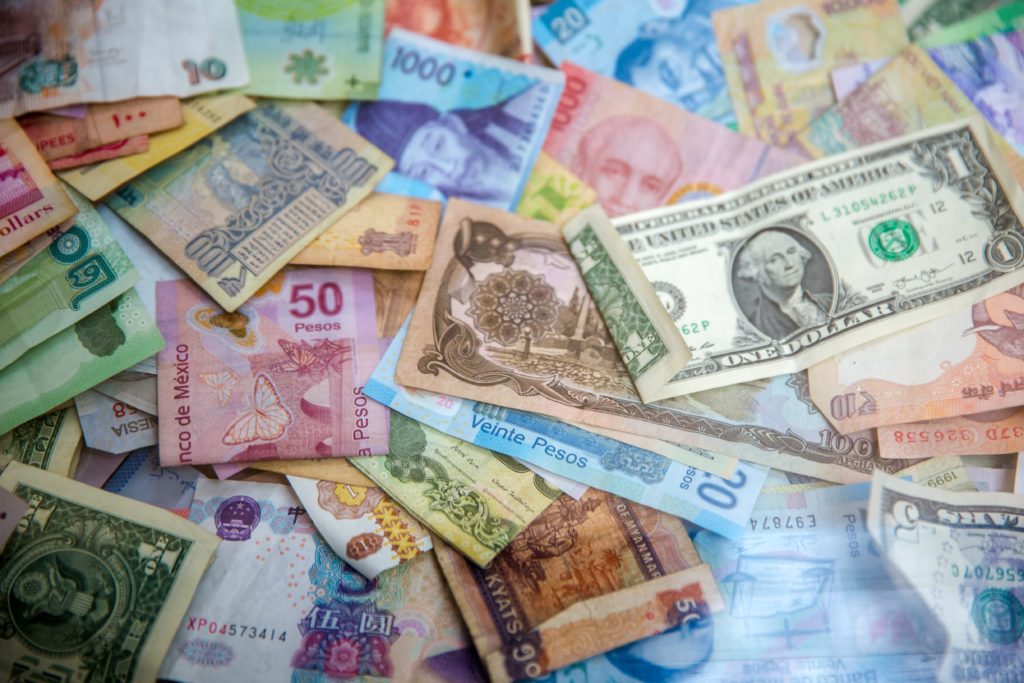There is no generally accepted definition of a tax haven that clearly and completely describes its features and characteristics.
The concept of “tax haven” is not regulated by the norms of international law and national legislation. Some international organizations have formulated fairly clear criteria for determining tax havens, as well as compiled lists of countries regarded as such. This term is recorded in some documents on measures to counter harmful tax practices and the exchange of tax information adopted by international organizations.
It belongs to countries with low and practically zero taxation at the national level concerning shell companies that are owned by foreigners.

In recent years, the number of interstate tax agreements signed by high-tax states has increased. The Netherlands, Ireland, Sweden, and Denmark have special schemes for attracting foreign capital. One of these schemes is related to preferential taxation of holding companies subject to zero taxation on dividends transferred from abroad and owning foreign shares. But this effect of preferential taxation, helping to raise capital, is short-term and reduces the tax base of other countries. If all countries in the world introduce such regimes, then competitive advantages will be reduced to zero, and tax revenues will decrease in all countries.
Tax havens are often classified as offshore countries. They differ in terms of regulation. Many states have special legal regulations to increase the level of confidentiality in the relationship between the staff of banks and other financial institutions and their customers; this is facilitated by the absence of company registers, which would contain information about companies and other structures conducting economic activity; they make it difficult to access information even if there are agreements on legal cooperation with foreign countries. The number of tax havens ranges from 30–70 or 15–30% of the world’s states.
There are three main types of tax haven lists:
- Governmental, quality: these lists are quality and political; they never list members (or each other) and are mostly ignored by academic research
- Non-governmental, qualitative: they follow a subjective assessment system based on various attributes (for example, the type of tax structures available at the shelter); The most famous of these is Oxfam’s list of corporate tax havens and the Financial Secrecy Index
- Nongovernmental, quantitative: By following an objective quantitative approach, they can rank the relative scale of individual shelters
The most popular tax haven for corporations
Tax Justice Network (TJN), a British non-governmental organization that campaigns against tax evasion and for fair taxation, has unveiled a new ranking that ranks countries on the suitability of their legislation for corporations in tax evasion. The top ten “corporate tax havens” ranking includes several British territories, crown estates, or states that are members of the Commonwealth of Nations. The UK itself ranks 13th in the ranking.
Top 10:
- The British Virgin Islands
- Bermuda
- Cayman islands
- Netherlands
- Switzerland
- Luxembourg
- Jersey Island
- Singapore
- Bahamas
- Hong Kong
In total, 64 jurisdictions were included in the rating, which will be published every two years. Among the post-Soviet countries, the rating includes the Baltic republics – Estonia in 39th place, Latvia in 41st, and Lithuania in 52nd.
According to the Tax Justice Network experts, the global corporate tax system loses up to $ 500 billion annually because corporations transfer their profits to jurisdictions with a low tax rate, and these countries encourage them to do so, making all kinds of concessions. TJN experts call for the development of uniform international rules that will guarantee fair declaration of profits by corporations and payment of taxes in full, and in those regions where these corporations operate. “Corporations should pay taxes where their employees work, not where their chests are hiding,” notes TJN.







